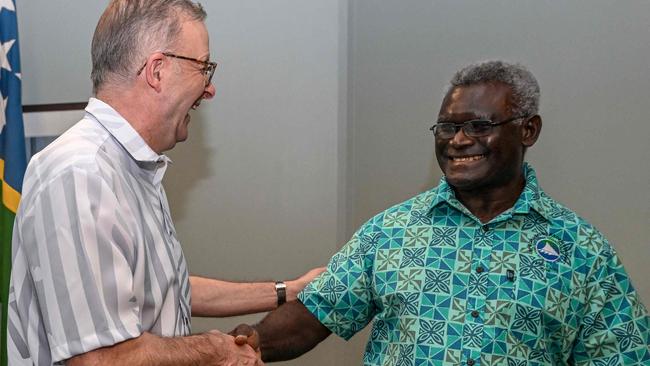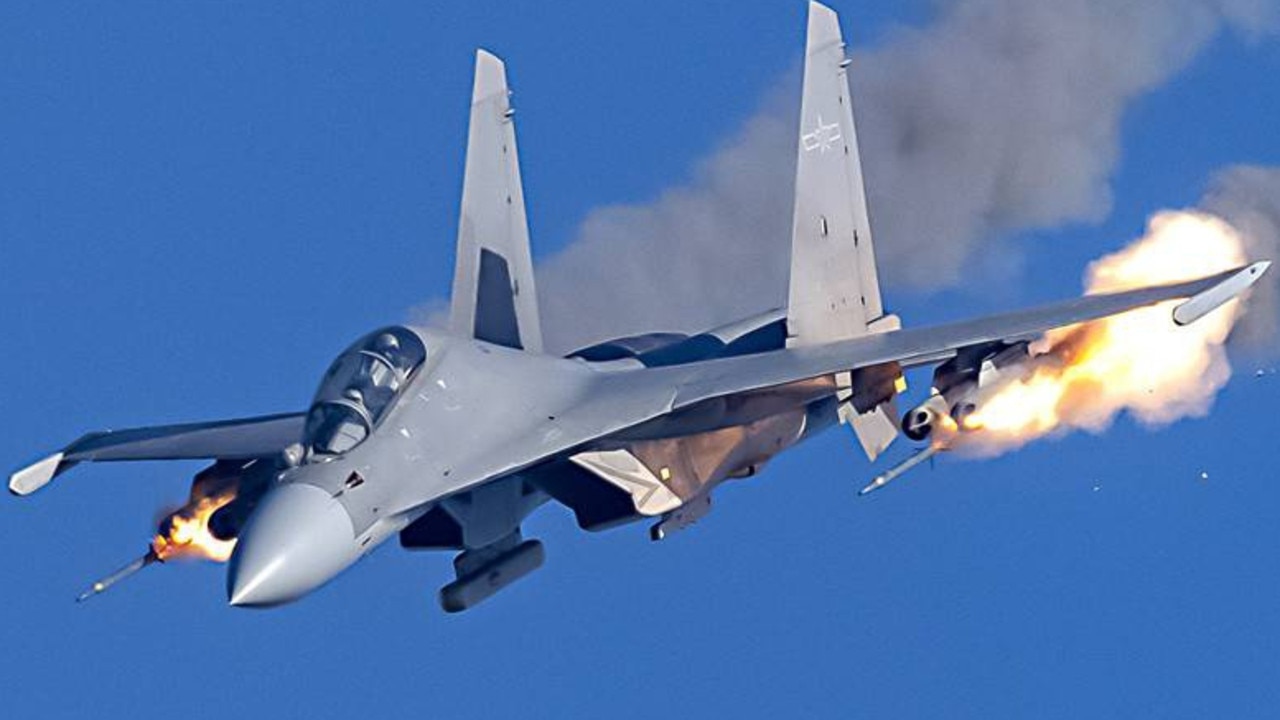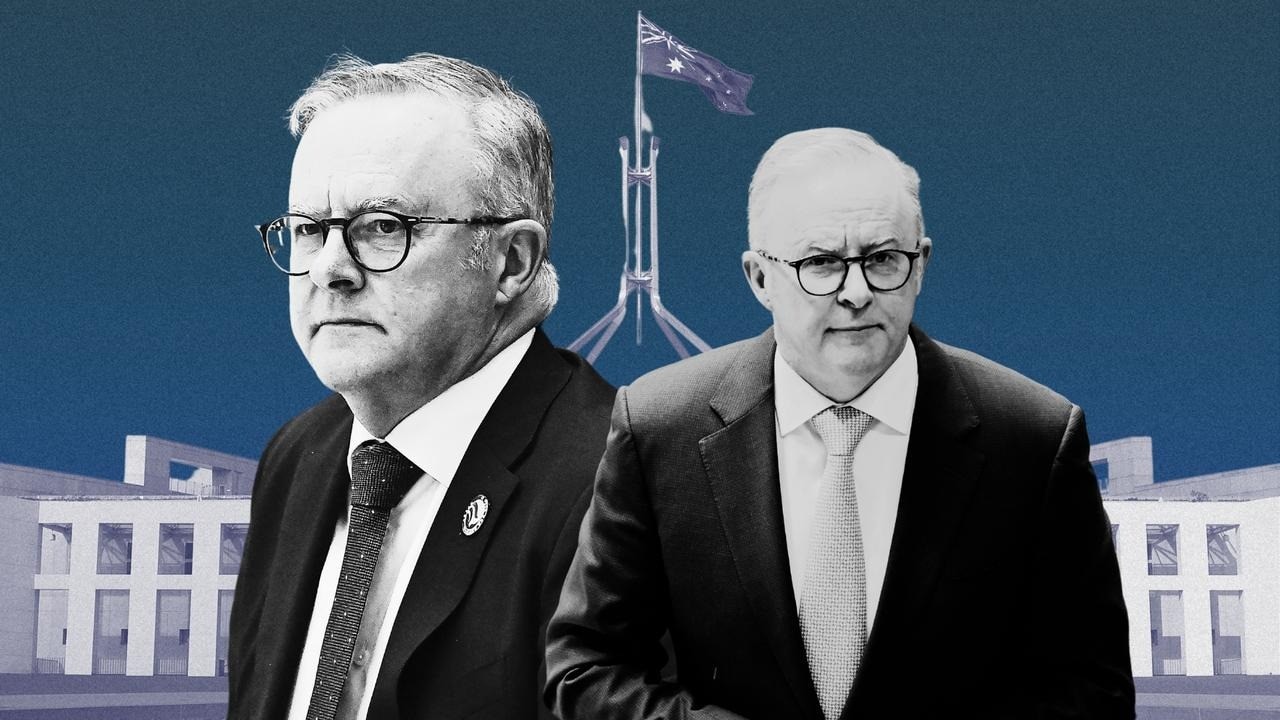Sogavare gags his public broadcaster
The Solomon Islands opposition has urged Australia to lodge a protest with the nation’s PM after he banned the country’s public broadcaster from reporting critically on the government.

The Solomon Islands opposition has urged Australia to lodge a protest with the nation’s Prime Minister, Manasseh Sogavare, after he banned the country’s public broadcaster from reporting critically on the government.
The Office of Prime Minister and Cabinet has ordered the Solomon Islands Broadcasting Corporation not to “broadcast any news and paid programs that are against the government”, the Island Sun reported on Monday.
The SIBC’s acting chairman, William Parairato, told staff that all news and talkback content must be vetted “to make sure it does not create disunity”.
The free-speech crackdown follows Mr Sogavare’s 2020 announcement that the country would block its citizens from accessing Facebook – a threat ultimately not carried out.
The latest directive comes as Mr Sogavare aligns his country with authoritarian China, and uses Chinese government money to reward MPs who continue to support his prime ministership.
Solomon Islands Opposition Leader Matthew Wale said Australia, together with New Zealand, the US and Japan, “must protest this abuse, which is clearly aimed at silencing free speech”.
He told The Australian he wasn’t confident Foreign Minister Penny Wong would stand up to Mr Sogavare, with whom Anthony Albanese has worked hard to get onside. “I’m concerned Senator Wong doesn’t want to upset Sogavare and will continue the futile appeasement approach,” Mr Wale said.
Senator Wong declined to comment personally but her department issued a statement: “A free and independent media is vital to building strong communities and ensuring democratic accountability.”
It said Australia supported development of a diverse, independent and professional Pacific media sector. “The government will engage closely with Pacific counterparts through the implementation of the Indo-Pacific Broadcasting Strategy, as we build on existing training programs for Pacific journalists,” the department said.
Opposition foreign affairs spokesman Simon Birmingham said the opposition supported efforts to strengthen press freedom in the region. “A free media that scrutinises government is an essential pillar of any well functioning democracy,” he said.
“I urge the new government to work with Pacific Island nations to support them in advancing media freedoms and strengthening their democratic institutions wherever possible.”
The Prime Minister has sought to reset Australia’s relationship with Mr Sogavare, embracing him warmly at July’s Pacific Islands Forum and accepting his assurance that China would not be allowed to establish a military base in the country.
Asked last week about his government’s control over the public broadcaster, Mr Sogavare said: “We are concerned about certain things we are not happy about.”
Mr Wale said the Prime Minister did not have the power under Solomon Islands law to dictate the broadcaster’s editorial policy.
“His definition of national unity is all should bow at his feet.
“Anything else is inciting disunity.”
Mr Wale said the broadcaster had been turned into a “propaganda tool”, and he had requested its chief executive to seek a judicial review of the decision.
Scott Morrison warned during the election campaign that any attempt by China to establish a military base in Solomon Islands would be a “red line” for Australia.
The comments infuriated Mr Sogavare, who said they amounted to threats of “invasion”.



